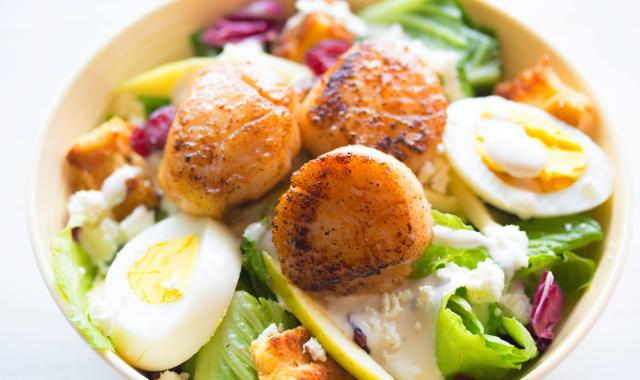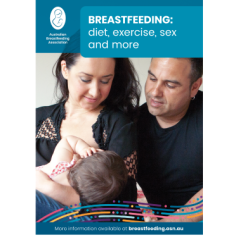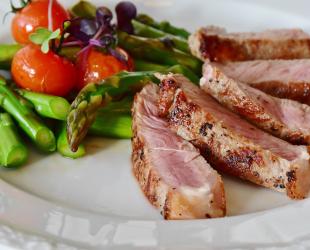Wondering about weight and breastfeeding? Here’s what you need to know.

It’s common to wonder about your body and weight after having a baby. Many mums store extra fat during pregnancy, which is used up while breastfeeding. But it can be frustrating if you expected to lose some weight and that’s not happening.
Everyone’s experience is different. Some mums lose weight quickly, others take longer, and some may not lose weight until after they stop breastfeeding.1
Breastfeeding and weight loss
Making breastmilk uses energy, but research isn’t clear on whether breastfeeding alone leads to weight loss. If you exclusively breastfeed your baby (no other food or drink) for around 6 months and continue breastfeeding for 12 months or more, you might lose some weight. 2
Safe weight loss while breastfeeding
It’s better to lose extra weight slowly while breastfeeding. Eating healthy food and adding in some exercise can help. Losing up to about half a kilo (1 pound) per week is considered safe for breastfeeding mums.1
Quick-fix diets, weight loss drugs, or methods that promise fast results aren’t recommended during pregnancy or breastfeeding. They can make it harder for you and your baby to get all the nutrients you need. If you feel you need to lose a lot of weight quickly, talk to your doctor or a dietitian for advice.
Tips for losing weight
Every mum’s situation is unique and there’s no single approach to eating or weight loss that suits everyone. The suggestions below are general and may not fit your personal preferences, cultural background, or health needs. If you have questions or want advice tailored to you, talk with a qualified health professional, such as a dietitian or your doctor. They can help you find an approach that works best for you and your family.
These general suggestions may help you lose weight safely:
- Avoid shopping when you’re hungry. Write a shopping list and stick to it.
- Choose fresh foods and avoid highly processed options.
- Snack on veggies, fruits, nuts and whole grain products.
- Choose foods with little or no added sugar.
- Use smaller plates for your meals.
- Eat slowly and give yourself time to feel full.
- Sit down and relax while eating; don’t eat on the run.
- Try to increase your exercise. Even gentle movement helps.
If you're losing too much weight
Some mums find they lose weight too quickly while breastfeeding. If this happens, try to eat more serves from all food groups. Avoid highly processed foods high in fats or added sugar. They may help you gain weight but aren’t good sources of the nutrients you need. Instead, have frequent, small meals or snacks between regular meals. If you’re worried about your weight loss, check in with your doctor or a dietitian.
© Australian Breastfeeding Association December 2025
1. Lovelady C. (2004), The impact of energy restriction and exercise in lactating women. In: Pickering L, Morrow AL, Ruiz-Palacios GM, Schanler RJ, eds. Protecting infants through human milk. Part of Advances in Experimental Medicine and Biology book series (AEMB, volume 554). pp 115–120. https://doi.org/10.1007/978-1-4757-4242-8_11
2. Neville CE, McKinley MC, Holmes VA, Spence D, Woodside JV (2014), The relationship between breastfeeding and postpartum weight change — a systematic review and critical evaluation. International Journal of Obesity 38: 577–590. https://doi.org/10.1038/ijo.2013.132
Read more about your lifestyle while breastfeeding
Evidence-led info and practical tips from our Parenting Information Series
Breastfeeding: diet, exercise, sex and more



